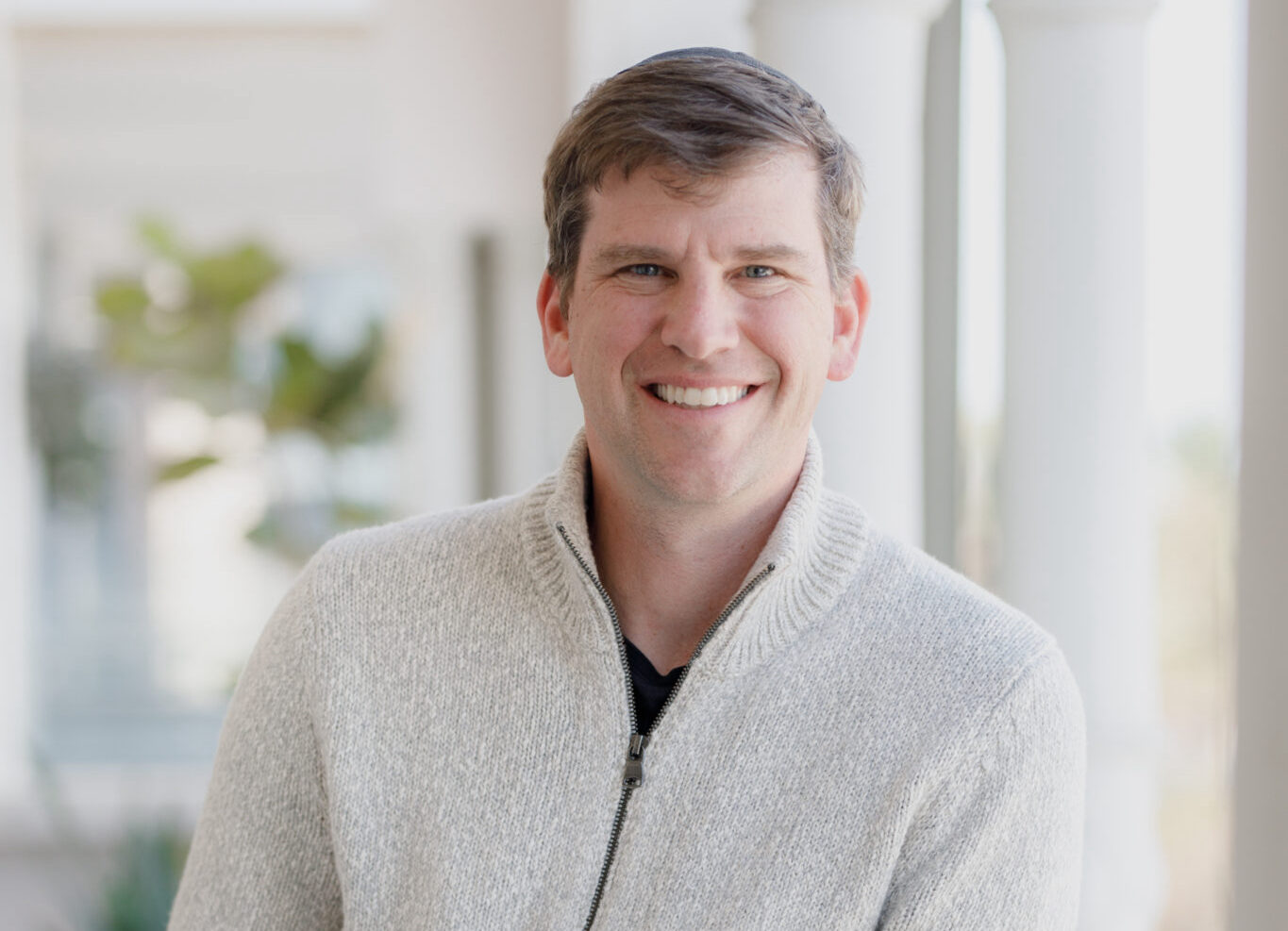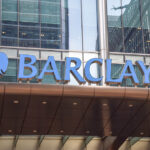LOOKING EAST
Gulf-Israel investors can weather discord by cultivating personal ties, Aleph’s Eisenberg says
Tel Aviv-based VC fund and Qatar Airways are among the shareholders in the Freightos shipping rate marketplace, which will trade on Nasdaq

As an early investor in WeWork, Michael Eisenberg says he doesn’t let the inevitable ups and downs of a young, disruptive company shake his faith when he strongly believes in its product.
Similarly, the co-founder of Tel Aviv-based venture...










